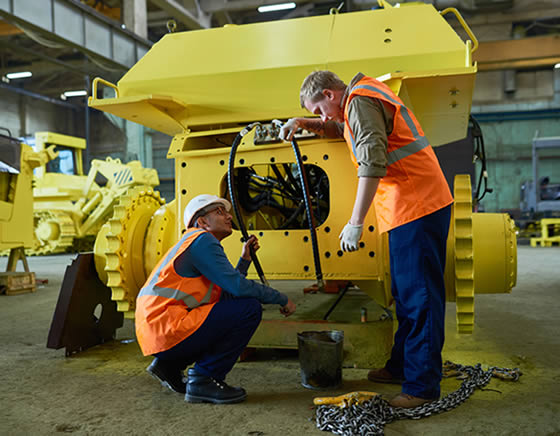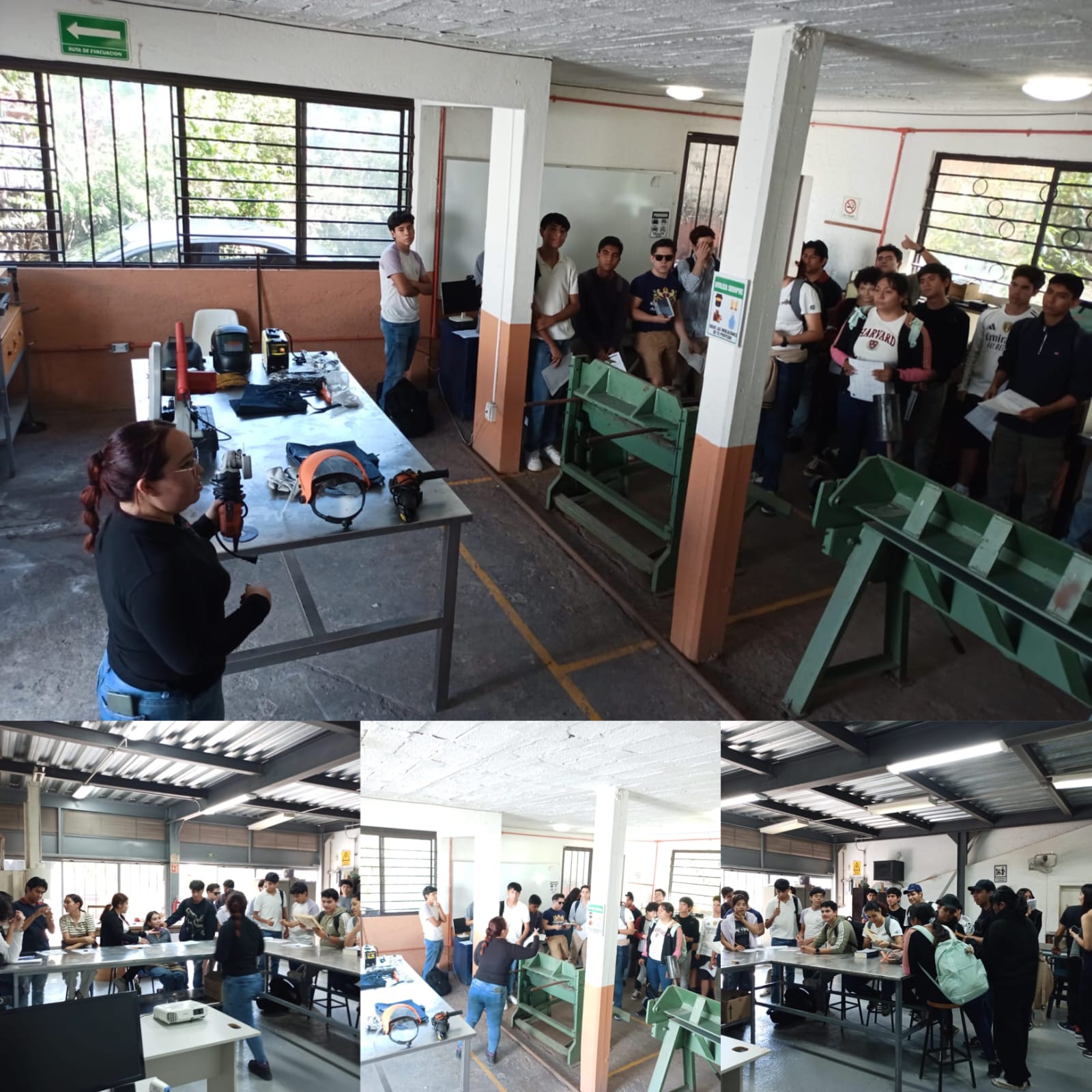In Industry operations, Corrective maintenance plays an indispensable role in ensuring productivity, safety, and cost-efficiency. Among the diverse maintenance strategies, corrective maintenance holds a paramount position. With an emphasis on high quality, expertise, and trustworthiness, this article delves into the application of corrective maintenance across various industries such as food production, facilities, energy, hospitality, manufacturing, healthcare, and transport and logistics.
What is Corrective Maintenance?
Corrective maintenance refers to the set of actions performed to restore equipment and machinery to proper working condition after a breakdown or malfunction. It can be either planned or unplanned and primarily focuses on fixing defects, replacing parts, and rectifying issues that hinder optimal performance.

The Importance of Corrective Maintenance
Prompt and adept corrective maintenance minimizes downtime, extends equipment life, ensures safety, and contributes to the smooth functioning of industrial processes.
Corrective Maintenance in Food Production
In the food production industry, equipment reliability and hygiene are paramount. Corrective maintenance ensures that machinery such as ovens, conveyors, and packaging equipment are always in top working condition, preventing contamination and ensuring the consistent quality of food products. It also helps in adhering to stringent food safety regulations.

Corrective Maintenance in Facilities
Facilities like shopping malls, office buildings, and educational institutions rely on corrective maintenance to address issues like HVAC malfunctions, plumbing leaks, and electrical failures. Timely corrective maintenance ensures a safe and comfortable environment for occupants and helps avoid costly damages.
Energy Sector Applications
In the energy sector, whether it’s renewable sources like wind and solar or traditional power plants, corrective maintenance is crucial to tackle unexpected breakdowns. This ensures a continuous supply of energy, avoiding blackouts that could have far-reaching economic implications.

Hospitality Industry and Corrective Maintenance
In the hospitality industry, guest satisfaction is key. Corrective maintenance ensures that all amenities, from air conditioning to elevators, are in prime working condition. Quick resolution of issues contributes to positive guest experiences and retention.
Manufacturing Industry
The manufacturing industry is heavily reliant on machinery and automation. Corrective maintenance is critical for rectifying breakdowns, reducing downtime, and ensuring that production targets are met. It is also essential for ensuring compliance with safety standards.
Healthcare Industry Applications
The healthcare industry depends on a plethora of equipment, from MRI machines to ventilators. Corrective maintenance in healthcare is not just about efficiency but is often a matter of life and death. Ensuring that all equipment is functioning properly can directly impact patient outcomes and the reputation of healthcare facilities.
Transport and Logistics
In transport and logistics, vehicle and machinery uptime is crucial. Corrective maintenance ensures that vehicles, conveyors, and other essential equipment are quickly repaired after breakdowns, ensuring timely deliveries and minimizing operational costs.
How to Implement Effective Corrective Maintenance
- Regular Monitoring: Keep a close eye on equipment performance to quickly identify when corrective maintenance is needed.
- Skilled Personnel: Employ skilled maintenance personnel or collaborate with specialized service providers.
- Spare Parts Inventory: Maintain an inventory of essential spare parts to avoid delays in repairs.
- Use of Technology: Leverage maintenance software to streamline the scheduling and execution of corrective maintenance tasks.
As we’ve explored, corrective maintenance is a cornerstone in diverse industries, playing a critical role in upholding quality, reliability, and efficiency. By implementing an adept corrective maintenance strategy, organizations can safeguard their operations and contribute to long-term success.
Source: fracttal
Bachelor in Industrial Mechanical Engineering
More News About Bachelor inIndustrial Mechanical Engineering


